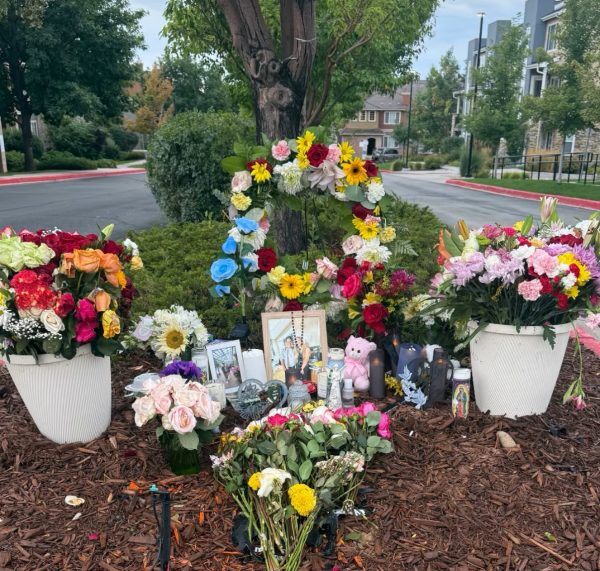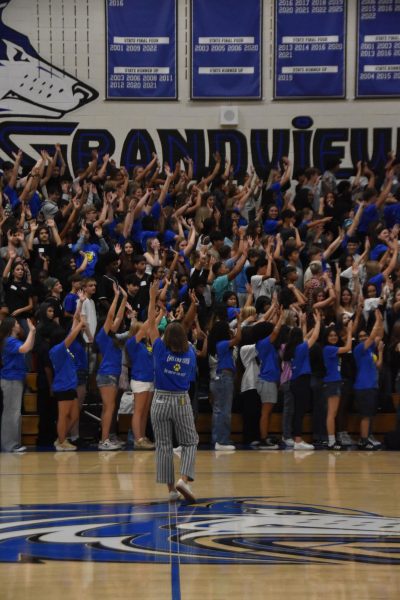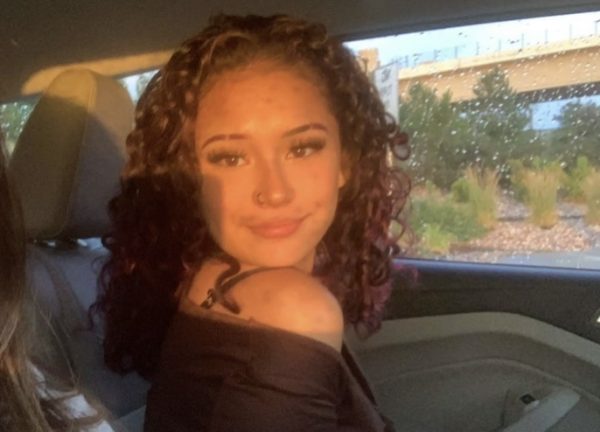Beyond the Pages: Survey of the African American Literature Class
Survey of African American Literature, better known as Black Lit. is a course where students are taught about Black history, prominent figures, and ideologies. The course has expanded diversity within the English curriculum and has had a significant impact on students who have not felt represented in past years.
According to Mr. Ryan Turk, who has been teaching the course for five years, the purpose of the class is to allow students to learn material that they can understand and relate to.
“The main purpose of my class is to present different ideologies and icons into our English curriculum that most kids do not get to learn about or be a part of,” Turk said. “The best part is seeing kids engage in new ideas and even literature that reflects them.”
Overall, the course has been successful in teaching students material that they can relate to and has given them a chance to discuss topics they don’t often get the chance to.
“The best part [of the class] is the thought-provoking conversations we have,” senior Milani Cook said. “I 100% connect to the things taught in class because I can fully account for the black experience in America. Most of the topics covered are topics that I discuss with my family all the time”
Similarly, senior Alexandra Acosta agrees that the class gave her the opportunity to explore a new variety of topics.
“I thought it was really interesting. Learning about powerful Black activists and leaders was very insightful,” she said. “It was nice to have a class where I can learn more than just surface-level knowledge.”
Along with teaching diverse and relatable material, Turk hopes to keep the course, and the English curriculum as a whole, from focusing on the past.
“What I care about is that this curriculum stays evolving, I never want to see it stagnant,” Turk said. “I want it to keep up and be current with kids’ actual lives.”
However, achieving this can be difficult, as teachers aren’t always given the opportunity to teach the curriculum they originally had in mind.
“You learn very quickly that the socioeconomic status of kids here doesn’t necessarily match the curriculum that you want to teach, so meshing those things is difficult, and keeping a vision that keeps both of them in mind is tough,” Turk said.
Although it has been difficult, Turk has seen students, especially minorities, evolve and find their voices throughout the course.
“The cool thing is actually listening to kids and what’s on their minds, what they’re struggling with, how they’re feeling about their own school, how they feel about their own ideas of politics in the world right now,” Turk said. “Minority kids need a huge boosting of their egos and understanding of what they’re capable of, and I get to see a little bit of that in my class and hope to continue it.”
Acosta shared her experience as a minority student participating in class discussions and how Black Lit. was a class where she felt she could voice and develop her thoughts.
“It definitely helped me have a place where we can have discussions that usually aren’t talked about in class and helped expand my perspectives and knowledge,” Acosta said.
Black Lit. has had a major impact on students, and many have come to appreciate the representation and new material taught in their English classes as a result.
“I really appreciate the representation in the English curriculum,” Cook said. “For most of my high school experience, I have always had to read old books written primarily by white men. It’s refreshing to witness other perspectives, especially that of my own people.”
Hi! I’m Laila, and this is my senior year at Grandview and my first year on The Chronicle Staff. I am a part of the Features Department. One of my favorite...


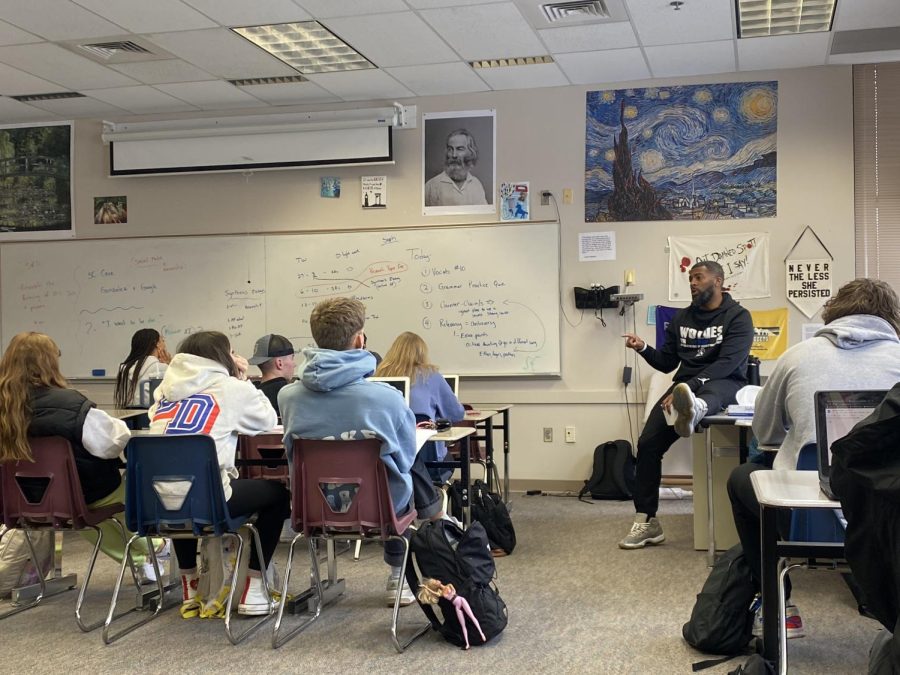
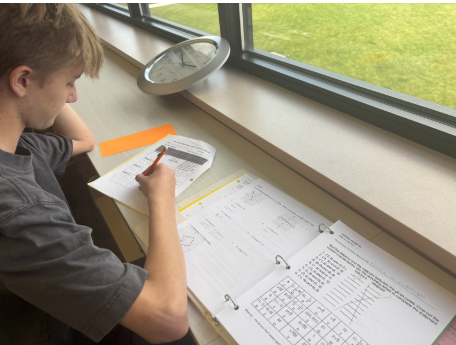
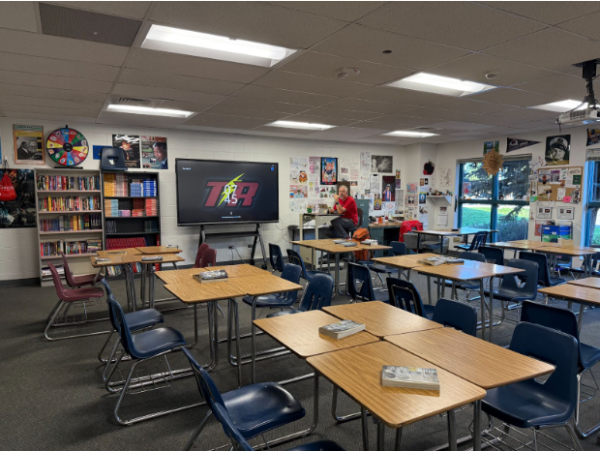
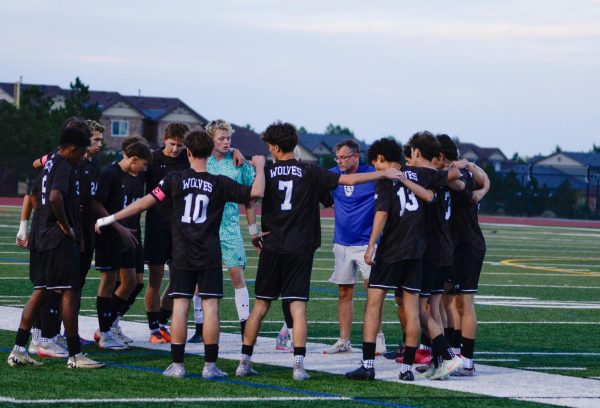
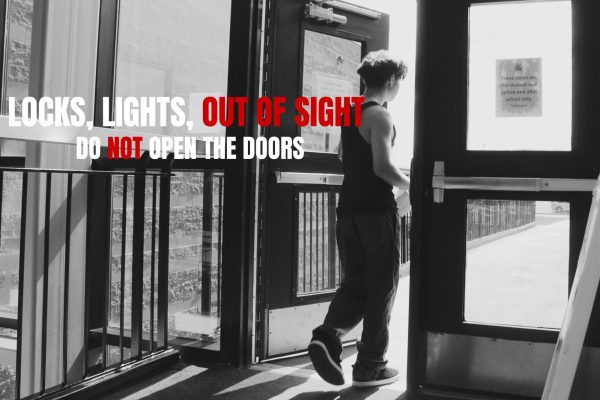
![A Vest Won’t Protect You [OPINION]](https://ghschronicle.com/wp-content/uploads/2025/09/KoltonZuckerVestPosterOffWhite-450x600.png)
